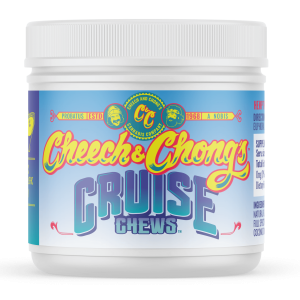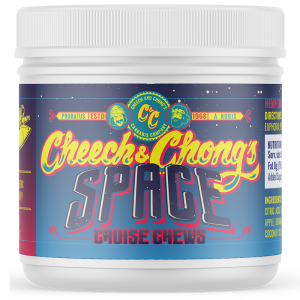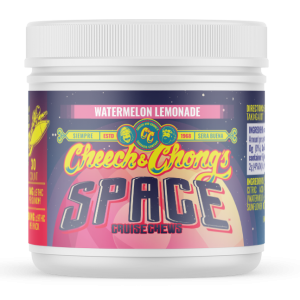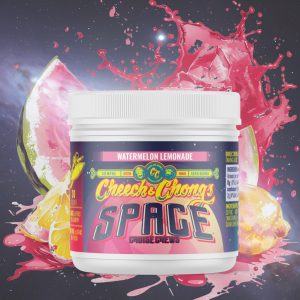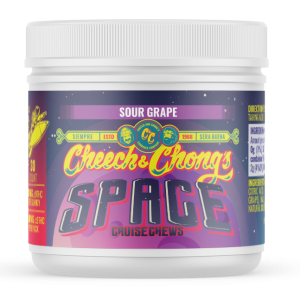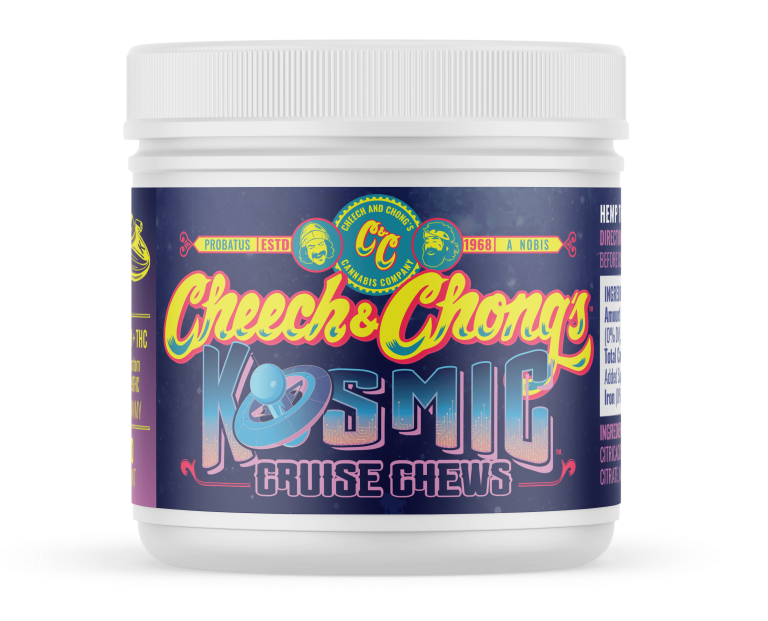CBD for Gout: A Fresh Take on Managing Gout
- Dave
- June 16, 2023
- No Comments
In the rollercoaster ride of life, gout can be that sudden, unexpected fall. Known as a form of inflammatory arthritis, gout’s painful antics can throw a wrench in your daily routine. The good news? Cannabidiol (CBD) might just be the hero we’ve been waiting for. Emerging research suggests CBD might hold the secret to managing gout. Buckle up as we dive deep into the mystery of CBD for gout, while checking out the science, legal aspects, and safe use.
Let’s Get Up Close and Personal with Gout
Before we hit the CBD track, it’s crucial to get acquainted with our adversary: gout.
Picture a common type of arthritis with a flair for the dramatic— sudden, sporadic attacks characterized by intense pain, redness, and swelling. Usually, it sets up camp at the base of your big toe, but it can wander and target any joint in your body.
A gout episode can be a bit of a sneak attack—sudden, severe pain that keeps you on your toes (or off them, given its favored location). Even when the painful onslaught retreats, the residual discomfort can linger like an unwanted guest, sticking around for a week or so. Plus, gout loves messing with your mobility, turning every step into a Herculean task.
Most Popular Products
The instigator of all this chaos? Urate crystals—spiky little villains that love to build up in your joints. They come from a surplus of uric acid, usually due to dietary indulgences like steak, seafood, and alcohol. Overdo these and you might just be handing out invitations for a gout party.
Even though diet is a big piece of the gout puzzle, it doesn’t hold all the cards. Things like family history, being male (they tend to have higher uric acid levels than women), and certain medications can also play a role in raising the gout flag.
To keep gout at bay, staying well-hydrated and watching your diet can be effective shields. But what if, despite your best efforts, gout still comes knocking? Current research suggests CBD might be the cavalry you’ve been waiting for^1^.
Navigating the Ins and Outs of CBD for Gout
CBD has been causing quite a stir in the medical world, with compelling research revealing potential therapeutic benefits. But how does it play into the gout game?
Throwing it back to ancient times, cannabis has a track record of dealing with gout. Historical figures like Pliny the Elder were big fans, using a Cannabis root mix to fight the signature pain and inflammation of gout.
In the modern world, CBD research has zeroed in on inflammation—gout’s notorious sidekick. The familiar sight of swollen, inflamed joints is common across numerous conditions, making it a prime research target.
A 2017 study caught our attention—researchers gave CBD to mice with pancreatitis, then observed its effect on the inflammation. Spoiler alert: the CBD-treated mice showed less inflammation than their untreated peers.
While this is just a snippet from a growing body of research, the potential of CBD in managing inflammation is promising. Staying tuned into ongoing CBD research could give you a front-row seat to new insights on this exciting cannabinoid^2^.
The ABCs of CBD Consumption
CBD is quite the chameleon, making its way into an array of products and offering multiple consumption methods. In general, CBD products come in two flavors: topicals and oral products. Each one brings something different to the table.
Topicals are the go-to if you’re after targeted benefits. They’re the creams, lotions, and other products infused with CBD that you apply directly to your skin. The CBD in these guys generally stays put, concentrating its effect where you need it most.
Oral CBD products, on the other hand, are a mixed bag and typically trigger a body-wide effect. Classic examples include oils and tinctures—essentially CBD extracts diluted with a carrier oil, like palm oil. You can mix these into food or drinks or pop a few drops directly into your mouth. Their unique taste can be a bit of a love-it-or-hate-it situation, but they remain a popular choice.
Then, there are capsules and tablets, which play nice with the traditional pill crowd. CBD soft gel capsules are easy to swallow and digest quickly, meaning they get to work faster. CBD tablets are similar, with most designed to dissolve under your tongue, skipping the need to swallow altogether.
Last but not least, we have CBD edibles—tasty food and drink treats infused with CBD. They’ve become a fan favorite thanks to their ease of use and enjoyable taste. From CBD-infused candies and sodas to pasta and coffee, the options are endless. The downside? Their effect kicks in slower since your body needs to digest them first.
For those in the throes of a gout attack, CBD might not stop the flare-ups, but it could help soften the blow by easing some symptoms. That makes CBD a potentially handy tool for anyone seeking support in managing this tricky condition^1^.
CBD: Safety Check
With any supplement or medication, safety comes first. As a rule, CBD is generally considered safe and carries a low risk of side effects. But some people might notice mild side effects like fatigue, diarrhea, changes in appetite, or weight changes. It’s also worth noting that CBD for gout can play a bit of tug-of-war with certain medications, potentially affecting their effectiveness or causing unexpected side effects. So it’s smart to have a chat with a healthcare professional before starting any new supplement regimen, especially if you’re already on other medications^1^.
Quality control is another biggie. Not all CBD products are created equal—some might have unwanted extras like pesticides, heavy metals, or other contaminants. Others might skimp on the advertised CBD content. So, always buy from reputable sources that can provide third-party lab test results, confirming the product’s purity and CBD content.
Lastly, finding the right CBD for gout dosage is key. While CBD is generally safe, overdoing it can lead to unpleasant side effects. If you’re a CBD newbie, start small and see how your body reacts. Factors like age, weight, and metabolism can affect how your body processes CBD, so it might take some time to find the right dose for you. Always follow the manufacturer’s recommended dose, but feel free to discuss your individual needs with a healthcare provider^1^.
CBD and the Law: The USA Edition
In the USA, CBD’s legal status can be a bit of a head-scratcher due to the mismatch between federal and state laws. At the federal level, the 2018 Farm Bill gave the green light to growing industrial hemp—aka cannabis with less than 0.3% THC by dry weight. This led to hemp-derived CBD products being legal federally, as long as they stay under the THC limit. But the Food and Drug Administration (FDA) hasn’t fully signed off on CBD yet, barring it from being added to food or marketed as a dietary supplement.
At the state level, things get even more interesting. Some states are onboard with the federal regulations, while others have stricter rules. For instance, some states only allow CBD use for certain medical conditions, while others might limit the sale of CBD food and drink products. So it’s crucial to get the scoop on your state’s laws before buying or using CBD products.
Remember, the legal landscape around CBD keeps evolving. As research unveils more potential benefits of CBD and public opinion warms up to cannabis products, laws could change. So, it’s a good idea to stay in the loop with both state and federal laws concerning CBD. And, as always, make sure any CBD product you buy is in line with the relevant laws and regulations.
Steering Clear of Gout
While CBD may offer potential relief from gout symptoms, don’t overlook preventive measures. Lifestyle changes can make a big difference:
- Healthy Eating: A diet rich in fruits, veggies, lean proteins, and whole grains can help manage uric acid levels and reduce the risk of gout attacks.
- Staying Hydrated: Drinking lots of water can help flush excess uric acid from your body.
- Limiting Alcohol and Sugary Drinks: Both can crank up uric acid levels, potentially setting off gout attacks.
- Regular Exercise: Staying active helps maintain a healthy weight, a key part of gout management.
In a nutshell, CBD, with its potential anti-inflammatory and pain-soothing properties, might offer a fresh angle for managing gout. But it’s always a smart move to chat with a healthcare professional before starting any new treatment, including CBD for gout. Especially if you’re already on other medications due to possible drug interactions^1^.
So, while CBD for gout shows promise, more research is needed to fully understand its effectiveness and how to use it most effectively for conditions like gout. Keep an eye on the scientific community for more insights and developments in this exciting field.
OTHER PRODUCTS
-
Sale!

-
Sale!

-
Sale!

BEST SELLING PRODUCTS
-
Sale!

-
Stock
Out
-
Sale!



